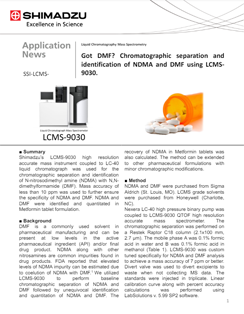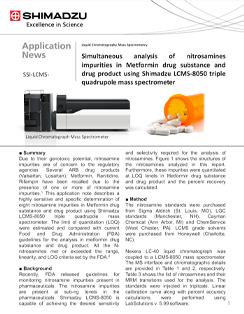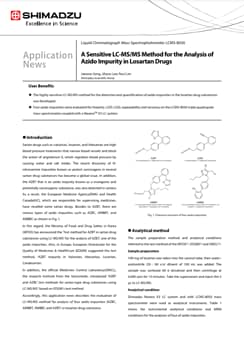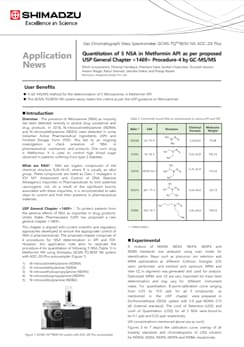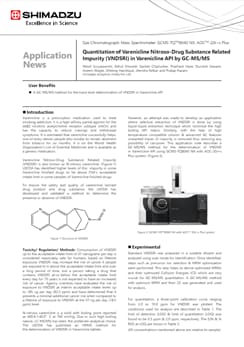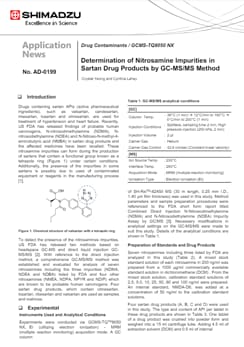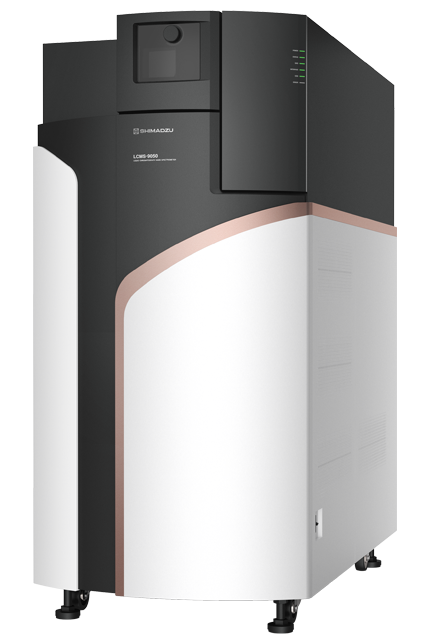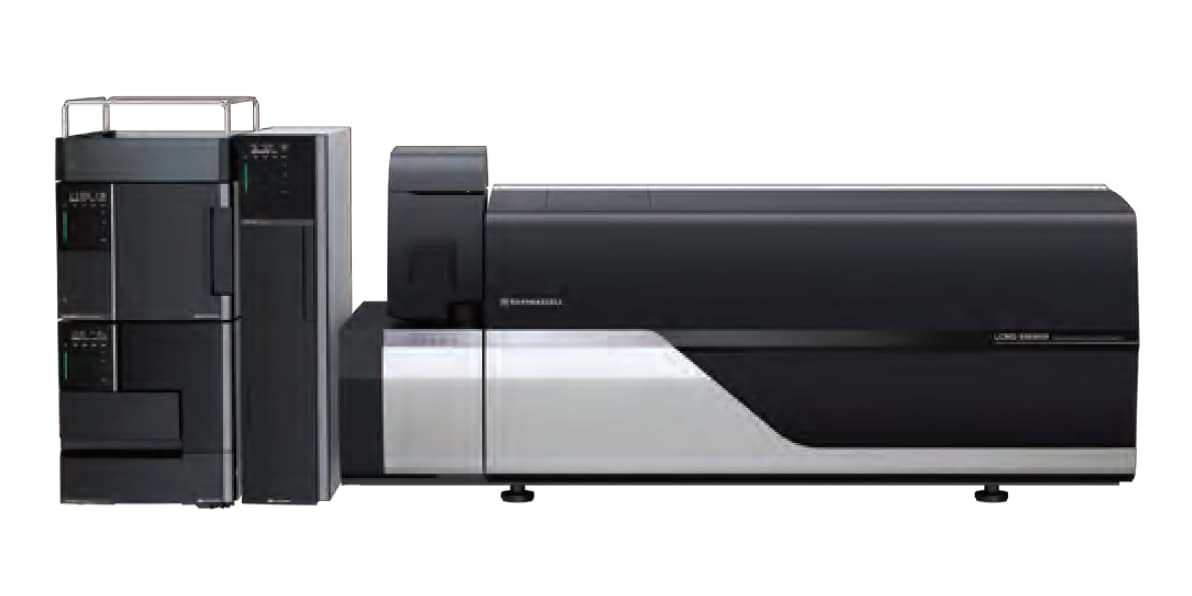Request More Information
Nitrosamines Analysis in Pharmaceuticals
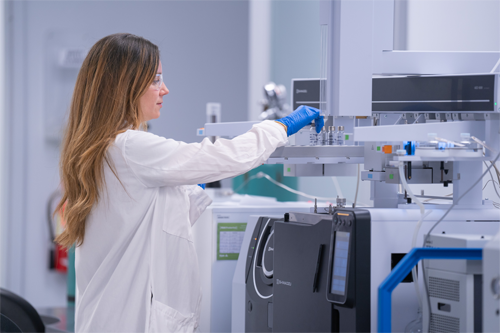
In 2018, probable human carcinogens, NDMA and NDEA, were detected in valsartan and irbesartan manufactured in China and India for global export. These events triggered subsequent cases of nitrosamine detection in other drugs, leading to many voluntary recalls and regulatory action. The presence of nitrosamines in drugs as unintended by-products of production is known, owing to raw materials including sodium nitrite, dimethylformamide, and triethylamine. NDMA and NDEA have been classified into Group 2A (probably carcinogenic to humans) according to the International Agency for Research on Cancer (IARC) carcinogenicity classification. Applying the concept of the ICH M7 guideline to the management of carcinogenic impurities, NDMA and NDEA are classified as Class 1 in ICH M7, and should be managed at or below the permissible levels specific to the compound.
In response to the market need, the FDA provided guidance methods and worked with USP to generate a regulatory framework surrounding nitrosamine risk assessment and analysis. With the adoption of USP <1469>, four procedures using triple quadrupole LCMS, high-resolution LCMS, headspace triple quadrupole GCMS, and direct-injection triple quadrupole GCMS are outlined to determine concentration of identified nitrosamine compounds, including nitrosamine drug substance related impurities (NDSRIs).
Find out more below how Shimadzu can meet your nitrosamines analysis needs, from routine lot and batch release testing to discovery for today and the future.
Video - Nitrosamine Recalls and Pharma Quality Control: Current Analytical Trends
Featured Applications
Procedure 1 - High Resolution LC/MS Applications
Got DMF? Chromatographic separation and identification of NDMA and DMF using LCMS 9030
Shimadzu’s LCMS 9030 high resolution accurate mass instrument coupled to LC 40 liquid chromatograph was used for the chromatographic separation and identification of N nitrosodimethyl amine ( with N,N dimethylformamide ( Mass accuracy of less than 10 ppm was used to further ensure the specificity of NDMA and DMF NDMA and DMF were identified and quantitated in Metformin tablet formulation
Procedure 2 - Headspace GC/MS Applications
Analysis of N-Nitrosodimethylamine (NDMA) & N-Nitrosodiethylamine (NDEA) in pharmaceutical substance by HSGCMS/MS
N-Nitrosodimethylamine (NDMA) & NNitrosodiethylamine (NDEA) are simplest of Dialkylnitrosamines. They are continued to be released as a by-product and contaminant from various industries and from municipal wastewater treatment plants. Major releases of NDMA, NDEA have been from the manufacture of pesticides, rubber tires, alkyl amines, and dyes. Similarly, these compounds are produced as a byproduct in the manufacturing of Active Pharmaceutical Ingredients (API’s). These compounds are classified as a Group 2A carcinogen (probable human carcinogen) by the World Health Organization. Recently some drug products were discovered to have been contaminated with NDMA & NDEA. It is believed to have been introduced into the finished products as a result of the manufacturing process of the drug substance. This contamination, was far exceeding the regulatory exposure limits specific to drug products. Consequently, medical agencies across Europe as well as the US Food and Drug Administration (USFDA) withdrew all affected drug products from the market. Hence it is very essential to have a sensitive, specific, accurate, reliable & robust method by using suitable analytical technique. In this experiment the In this experiment the pharmaceutical API’s namely Valsartan, Losartan & Olmesartan-Medoximil prone to contamination with NDMA and NDEA are analyzed by using developed HSGCMS/MS method.
Procedure 3 - Triple Quadrupole LC/MS Applications
Simultaneous analysis of nitrosamines impurities in Metformin drug substance and drug product using Shimadzu LCMS 8050 triple quadrupole mass spectrometer
Due to their genotoxic potential, nitrosamine impurities are of concern to the regulatory agencies Several ARB drug products ( Losartan), Metformin, Ranitidine, Rifampin have been recalled due to the presence of one or more of nitrosamine impurities 1 This application note describes a highly sensitive and specific determination of eight nitrosamine impurities in Metformin drug substance and drug product using Shimadzu LCMS 8050 triple quadrupole mass spectrometer The limit of quantitation ( were estimated and compared with current Food and Drug Administration ( guidelines for the analysis in metformin drug substance and drug product All the N nitrosamines met or exceeded the range, linearity, and LOQ criteria set by the FDA
A Sensitive LC-MS/MS Method for the Analysis of Azido Impurity in Losartan Drugs
Sartan drugs such as valsartan, losartan, and Irbesartan are high blood pressure treatments that narrow blood vessels and block the action of angiotensin II, which regulates blood pressure by causing water and salt intake. The recent discovery of Nnitrosamine impurities known as potent carcinogens in several sartan drug substances has become a global issue. In addition, the AZBT that is an azido impurity known as a mutagenic and potentially carcinogenic substance, was also detected in sartans. As a result, the European Medicine Agency(EMA) and Health Canada(HC), which are responsible for supervising medicines, have recalled some sartan drugs. Besides to AZBT, there are various types of azido impurities such as AZBC, AMBBT, and AMBBC as shown in Fig. 1. In this regard, the Ministry of Food and Drug Safety in Korea (MFDS) has announced the 'Test method for AZBT in sartan drug substances using LC-MS/MS’ for the analysis of AZBT, one of the azido impurities. Also, in Europe, European Directorate for the Quality of Medicines & HealthCare (EDQM) suggested the test method, ‘AZBT impurity in Valsartan, Irbesartan, Losartan, Candesartan’. In addition, the official Medicines Control Laboratory(OMCL), the research institute from the Swissmedic, introduced ‘AZBT and AZBC test methods for sartan-type drug substances using LC-MS/MS’ based on EDQM’stest method. Accordingly, this application news describes the evaluation of LC-MS/MS method for analysis of four azido impurities (AZBC, AMBBT, AMBBC and AZBT) in losartan drug substance
Procedure 4 - Direct Injection GC/MS Applications
Quantitation of 5 NSA in Metformin API as per proposed USP General Chapter <1469> Procedure-4 by GC-MS/MS
The presence of Nitrosamine (NSA) as impurity has been detected recently in several drug substances and drug products. In 2018, N-nitrosodimethylamine (NDMA) and N-nitrosodiethylamine (NDEA) were detected in some Valsartan Active Pharmaceutical Ingredients (API) and Finished Dosage Form (FDF). This led to an ongoing investigation to check presence of NSA in pharmaceutical substances and products. One such drug is Metformin; it is used to control high blood sugar observed in patients suffering from type 2 diabetes.
Quantitation of Varenicline Nitroso-Drug Substance Related Impurity (VNDSRI) in Varenicline API by GC-MS/MS
Varenicline is a prescription medication used to treat smoking addiction. It is a high-affinity partial agonist for the α4β2 nicotinic acetylcholine receptor subtype (nACh) and has the capacity to reduce cravings and withdrawal symptoms. It is estimated that varenicline successfully helps, one of every eleven people who smoke; to remain abstinent from tobacco for six months. It is on the World Health Organization's List of Essential Medicines and is available as a generic medication. Varenicline Nitroso-Drug Substance Related Impurity (VNDSRI) is also known as N-nitroso varenicline. (Figure-1) USFDA has identified higher levels of this impurity in some Varenicline finished drugs to be above FDA’s acceptable intake limit in some samples of Varenicline finished drugs. To ensure the safety and quality of varenicline tartrate drug product and drug substance, the USFDA has developed and validated a method to determine the presence or absence of VNDSRI.
Determination of Nitrosamine Impurities in Sartan Drug Products by GC-MS/MS Method
Drugs containing sartan APIs (active pharmaceutical ingredients), such as valsartan, candesartan, irbesartan, losartan and olmesartan, are used for treatment of hypertension and heart failure. Recently, US FDA has released findings of probable human carcinogens, N-nitrosodimethylamine (NDMA), N-nitrosodiethylamine (NDEA) and Ni-Nitroso-N-methyl-4-aminobutyric acid (NMBA) in sartan drug products and the affected medicines have been recalled. These nitrosamine impurities can form during the production of sartans that contain a functional group known as a tetrazole ring under certain conditions. Additionally, the presence of the impurities in some sartans is possibly due to uses of contaminated equipment or reagents in the manufacturing process.
News / Events
-
ASMS (American Society for Mass Spectrometry) 2025
June 1-5
Baltimore Convention Center
Baltimore, MD -
Shimadzu Scientific Instruments Opens Boston Location of Its R&D Center Focus will be on promoting customer-oriented development to expand business in the pharmaceutical field
Shimadzu Scientific Instruments, Inc. (SSI, Columbia, Maryland, USA), a Shimadzu Group company, has opened a satellite lab in Boston, Massachusetts to be the base of its collaborative research and development activities on the East Coast. Established to conduct research and development more closely linked to customers, SSI's R&D Center consists of three bases, with the main facilities at its Maryland headquarters, a West Coast location, and this new space in Boston near the city center. The Boston lab was set up by partnering with Labshares, a shared laboratory service provider for life science companies.
-
AAPS Pharm Sci 360 2024
October 21-23
Salt Palace Convention Center
Salt Lake City, Utah
Booth #2107
-
ASMS (American Society for Mass Spectrometry) 2024
June 2-6
Anaheim Convention Center
Anaheim, California
-
Shimadzu Scientific Instruments Opens R&D Center
These forward-focused R&D centers will enable us to closely collaborate with customers and stakeholders to develop products that meet tomorrow’s analytical laboratory needs and swiftly deliver these solutions to the marketplace.



